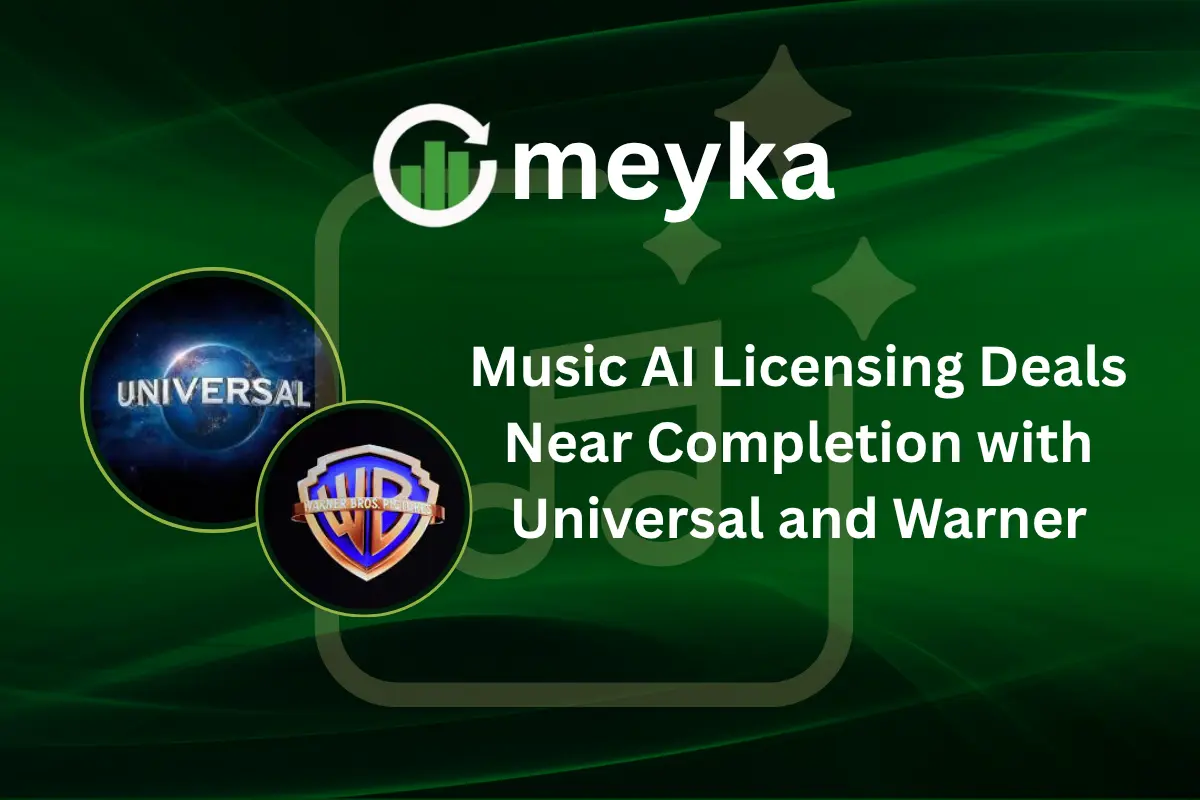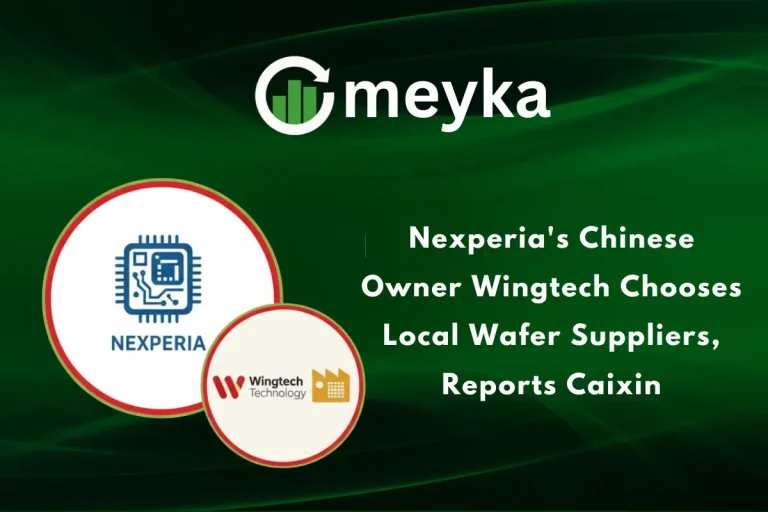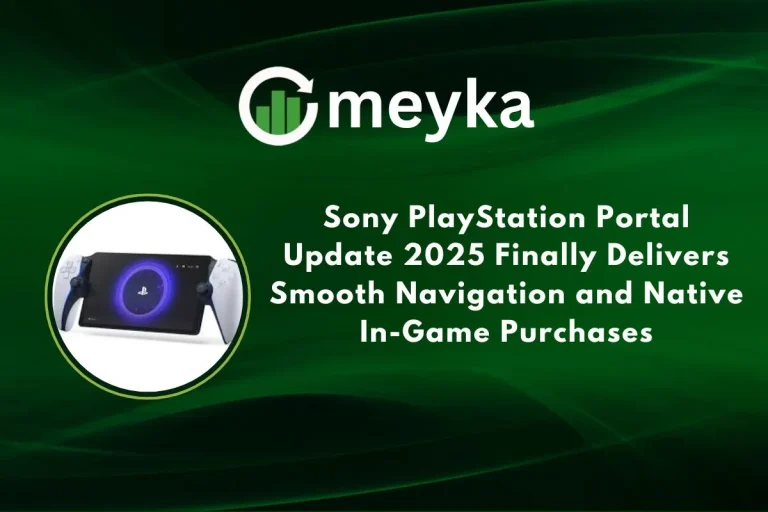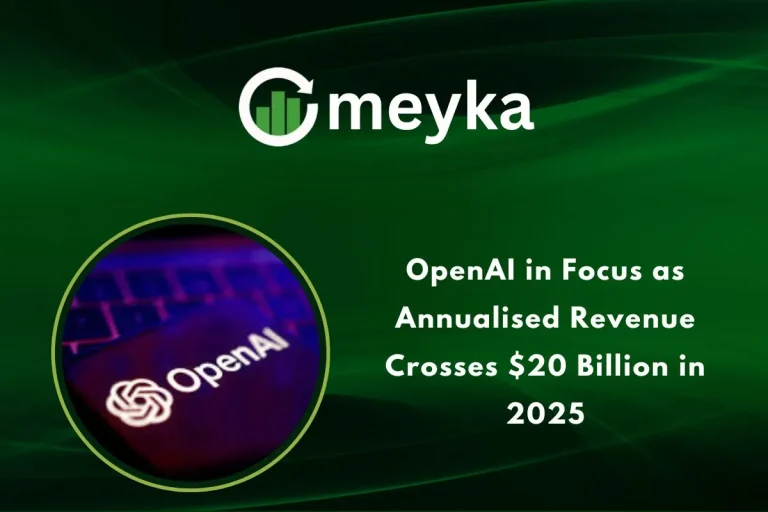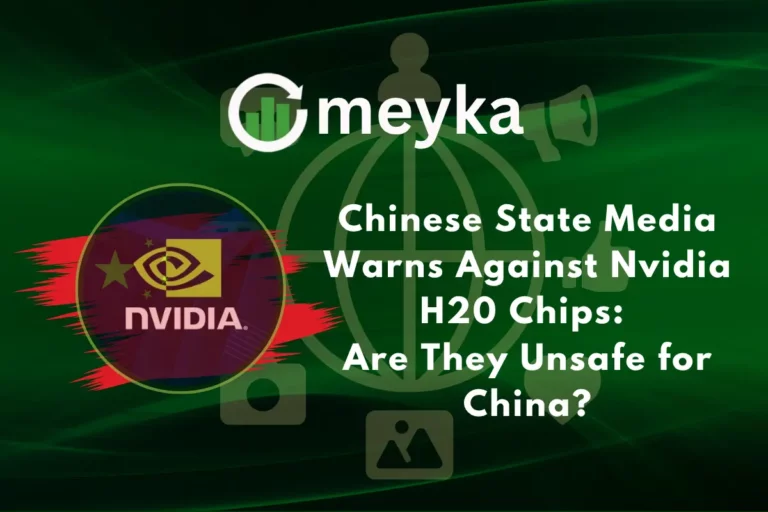Music AI Licensing Deals Near Completion with Universal and Warner
As of October 2, 2025, insiders say Universal Music and Warner Music are on the brink of striking groundbreaking AI licensing deals. We stand at a crossroads where music and technology meet. AI tools can now compose melodies, remix rhythms, and even write lyrics. Yet, they often rely on vast song catalogs to learn their craft.
We are about to see labels licensing their music to AI firms legally and fairly. This marks a shift from unauthorized use toward structured collaboration. These deals could unlock new income for artists, allow AI firms to access real catalogs, and set rules on how machines “learn” from music.
Let’s explore what these deals might look like, why major labels are embracing them now, and how they could reshape the music world for creators and listeners alike.
Background on AI in Music

AI can write songs now. It can make melodies, beats, and lyrics. Some systems learn from millions of tracks. Those systems need large music catalogs to train. Labels and tech firms want control over how that learning happens. Startups such as Suno and Udio built tools that can mimic artists’ styles. Big tech firms also invest in music AI. The result is rapid growth and fresh legal fights over who owns what. Early 2025 saw labels and AI firms already negotiating licensing deals. Those talks focused on training rights and fair pay for creators.
The Role of Major Labels
Major labels hold vast catalogs. Universal Music Group and Warner Music Group control songs by many top artists. That gives them leverage in talks with AI firms. Labels want to protect artists’ rights. They also want new income streams. In past tech shifts, like streaming, labels negotiated payment and tracking systems. Now, labels push for a similar model for AI.
They want micropayments when AI uses a song for training or generation. Labels also seek tools to spot unauthorized AI copies, similar to Content ID on video platforms. Such systems could help track usage and split payments accurately.
Details of the AI Licensing Deals
The deals aim to let AI firms train on real music. In return, labels and artists would get paid. The proposed model looks like streaming. Each use could trigger a tiny payment. Contracts may cover both new AI-generated tracks and past unauthorized use. Terms likely include revenue share, attribution, and tech standards.
Some deals may require AI firms to add metadata or watermark AI outputs. That would make it easier to trace which songs helped train a model. Reports say talks include both startups (e.g., ElevenLabs, Stability AI, Klay Vision) and big players like Google and Spotify. The labels hope to close deals within weeks of October 2, 2025.
Implications for Artists and Creators
Artists could gain a steady new income. Licensing deals would pay creators when AI uses their music. That revenue could be small per use but large in total. Some artists may welcome AI tools as new creative partners.
Others will fear losing control over their sound. Independent artists face both hope and risk. AI tools may help indie creators make polished music fast. But AI-made tracks that copy popular styles could crowd the market. Clear rules on authorship will matter. Courts still weigh in on who owns AI outputs. Labels want legal clarity for fair pay and artist protection.
Legal and Ethical Considerations
Training on copyrighted music raises hard questions. Does learning from a song count as copying? Labels argue it does when models reproduce identifiable parts. AI firms sometimes say their models transform input and produce new work. That legal gray zone has led to lawsuits. Licensing aims to close that gap.
Ethical demands include artist consent and transparency. Some deals may cover retroactive use payment for music already used without permission. Rights holders will likely insist that AI companies document training data and provide tools for takedowns. The outcome will shape future copyright law. International rules may vary, making global deals complex.
Technical and Operational Issues
Tracking AI use is hard. AI models often mix many songs into new outputs. That makes exact attribution tricky. Labels want reliable detection systems. Tech such as content fingerprinting and hashed metadata could help. AI firms may need to log training sets and usage. Another technical demand is model explainability.
Labels and artists want to know how an AI used their music. Some companies already offer licensed access with controls. ElevenLabs launched an AI-music product that uses licensed catalogs and claims safeguards. Such examples show technical solutions exist, but scaling them across billions of tracks is difficult.
Market and Investment Outlook
Licensing deals could make AI music a real revenue stream. Investors watch closely. Labels may gain fees and royalties. AI startups could gain legitimacy and access to better data. Stock markets may reward music firms that secure deals. Tech investors may value AI firms with license rights more highly. Tools like an AI stock research analysis tool could help investors spot winners. Expect more funding in music-AI startups if contracts become common. Also, expect other labels to follow suit. Sony and smaller rights groups may sign similar deals soon.
Impact on Music Consumption
AI-generated songs will enter playlists, ads, and games. Streaming services might host both human and AI music. Platforms will need labeling rules. Listeners may enjoy a new variety and tailored sounds. But oversupply could lower discovery for real artists. Curators and platforms will have to balance novelty with artist fairness. If labels and platforms adopt clear rules, users will get labeled AI tracks and options to filter them. That could preserve trust in music ecosystems.
Wrap Up
The talks between Universal and Warner mark a big change. If finalized, deals will set a market standard. They will shape how AI learns from music and how artists get paid. Expect more deals and more rules after October 2, 2025. The music industry stands at a turning point. The next steps will decide whether AI becomes a fair partner for creators or a source of fresh conflict.
Frequently Asked Questions (FAQs)
An AI music licensing deal lets companies like Universal or Warner allow AI firms to use their catalogs. In return, rights holders get royalties. Talks gained speed on October 2, 2025.
Universal and Warner began talks to protect songs from unauthorized AI use. They also want new income streams. Negotiations became urgent on October 2, 2025, after rising copyright concerns.
Artists could earn royalties when AI uses their music. Labels gain control and new income. AI firms benefit from legal access to catalogs, starting with deals announced on October 2, 2025.
Disclaimer: The above information is based on current market data, which is subject to change, and does not constitute financial advice. Always do your research.
